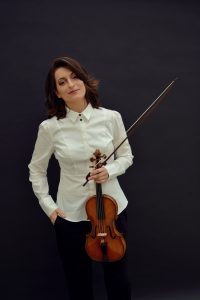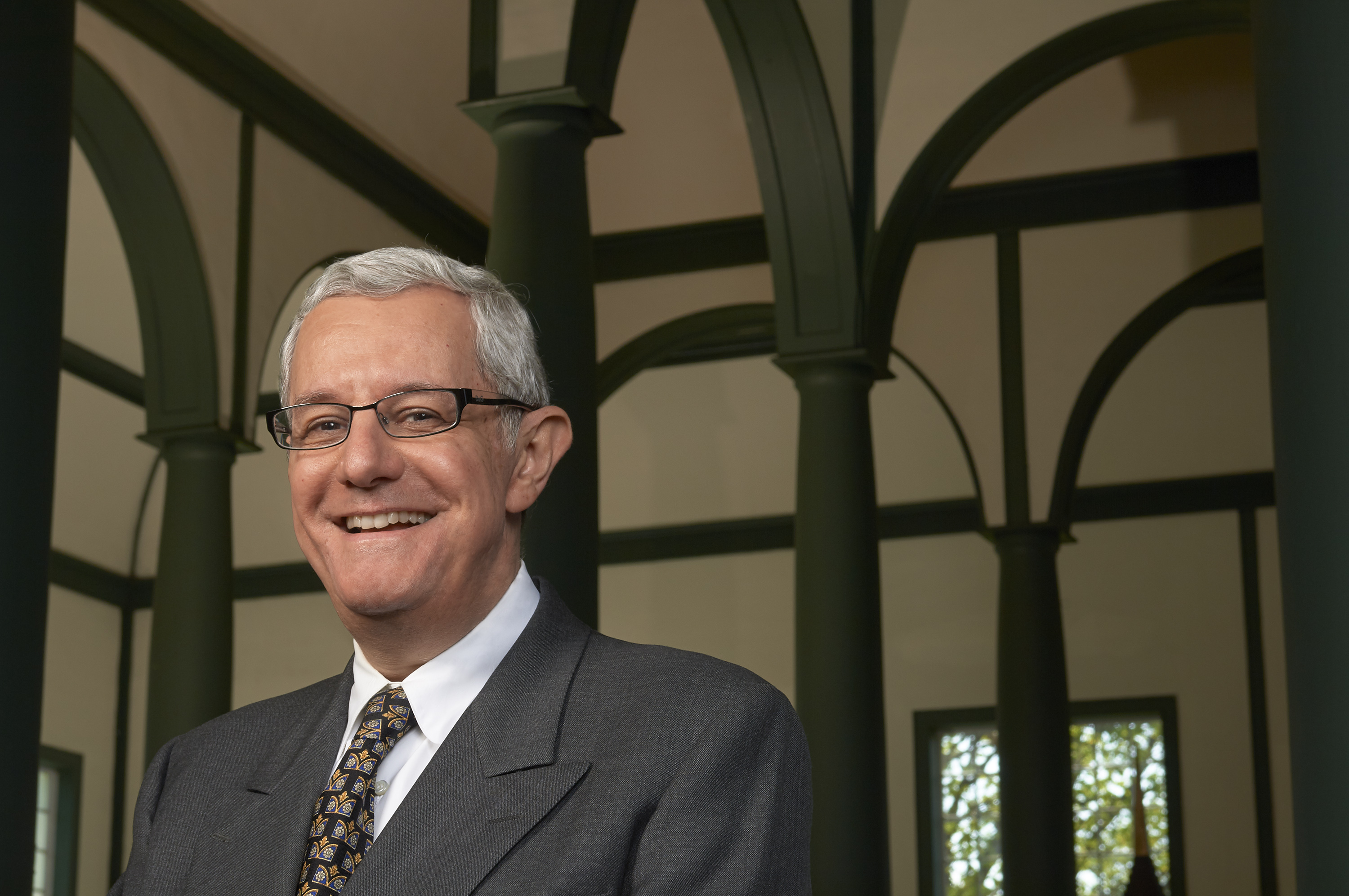Stephen Cera

TORONTO – The Tafelmusik Baroque Orchestra closed its season Sunday afternoon with Beethoven on period instruments. It was the last of four performances of this program and nearly filled 1,100-seat Koerner Hall. The concert was guest-conducted by Bruno Weil, a distinguished German musician and familiar presence on the Tafelmusik podium with his well-deserved reputation as a probing interpreter of Viennese classics.
Jeanne Lamon, Music Director from 1981 to 2014, had ceded that title to Elisa Citterio from Italy, who joined the band this season. On Sunday, Citterio played the Beethoven Violin Concerto: the Mt. Everest of violin concertos, and not a work one usually associates with period instruments.
Every music lover knows the Beethoven Violin Concerto, but few know the work in a sound the composer himself would have recognized. Citterio and Weil applied themselves to the lofty rhetoric with spirit and without inhibition or apology. The soloist, in particular, added an indefinable element of soul and serenity that lifted her performance well above the realm of hidebound “authentic” recreation.
From her first entry, she revealed a vital engagement with the music that was anything but dry, thanks to her temperament. In the lengthy opening movement (which never sounded long,) she scanned the soaring phrases with sensitivity to harmonic underpinnings, and resisted lapsing into mechanical recitation.
The timbre of the timpani (kettledrum,) a crucial structural element, had a zesty “bite” to it. Cadenzas were not the customary ones by Fritz Kreisler, but were fashioned by Carlo Citterio, a composer and the soloist’s brother, in collaboration with her. (The one for the Finale was just a bit long…) Tempos were brisker than usual as Weil cultivated heightened clarity and transparency of inner parts while faithfully tracing the drama.
In the “Pastoral” Symphony No. 6, which ended the program, the vernal score sounded freshly-minted, the outer movements especially. Weil conducted the opening stanza almost as a sequence of upbeats, the pungent woodwinds springing to life. The “Awakening of joyous feelings upon arrival in the countryside” was really joyous, not too heavy.
Though the three middle movements didn’t scale the same heights, the Finale again showed Weil as a fount of rhythmic and stylistic energy, a musician to his fingertips. Meanwhile, the Tafelmusik orchestra gives every indication that it loves what it does. As it gets set to embark on a three-week tour to Australia, one can only wish that its spirit will persist – alongside the relationships with Elisa Citterio and distinguished guest conductors such as Bruno Weil.


